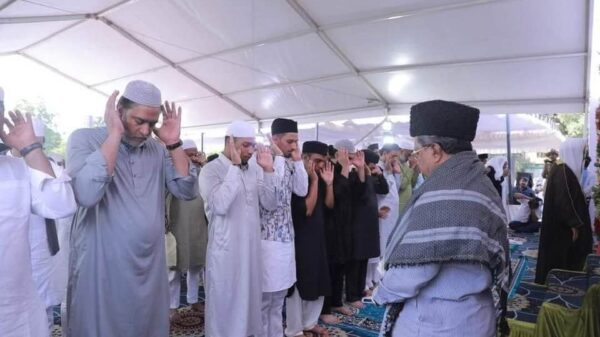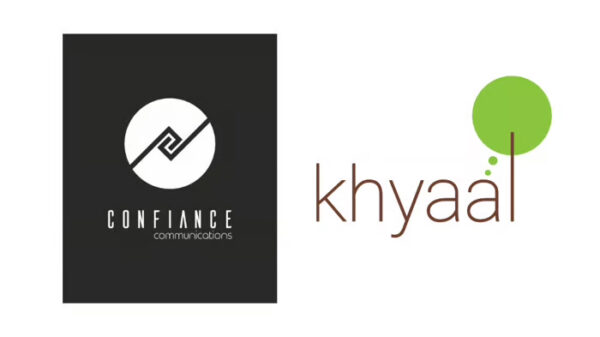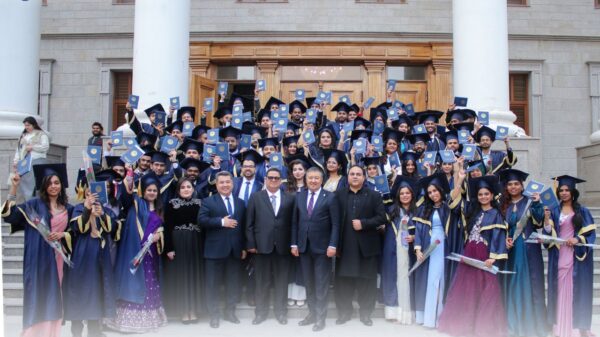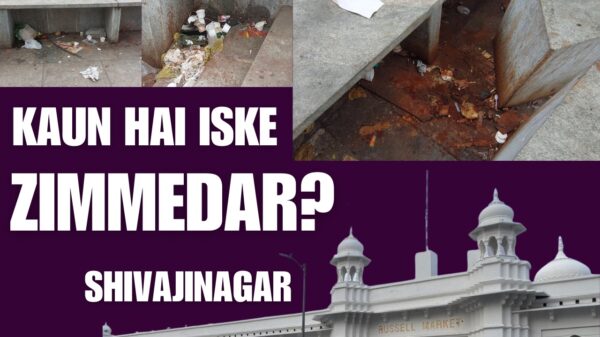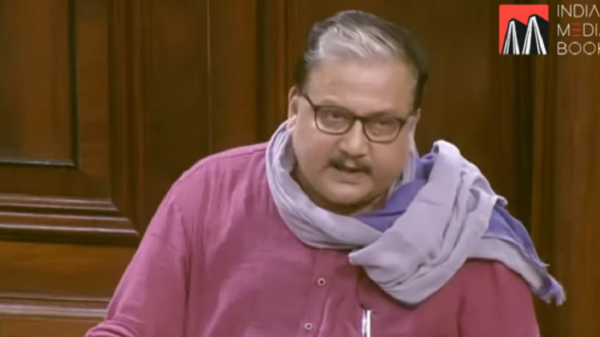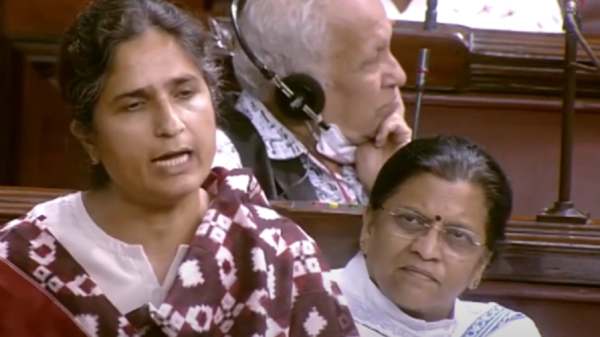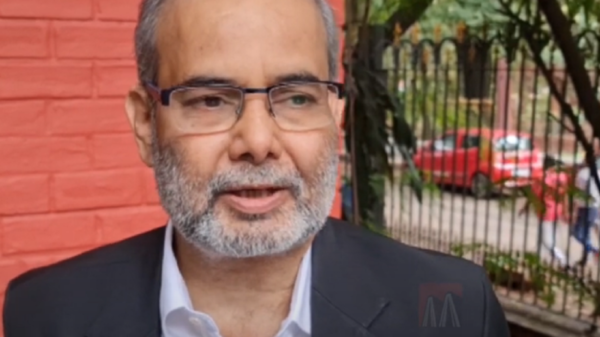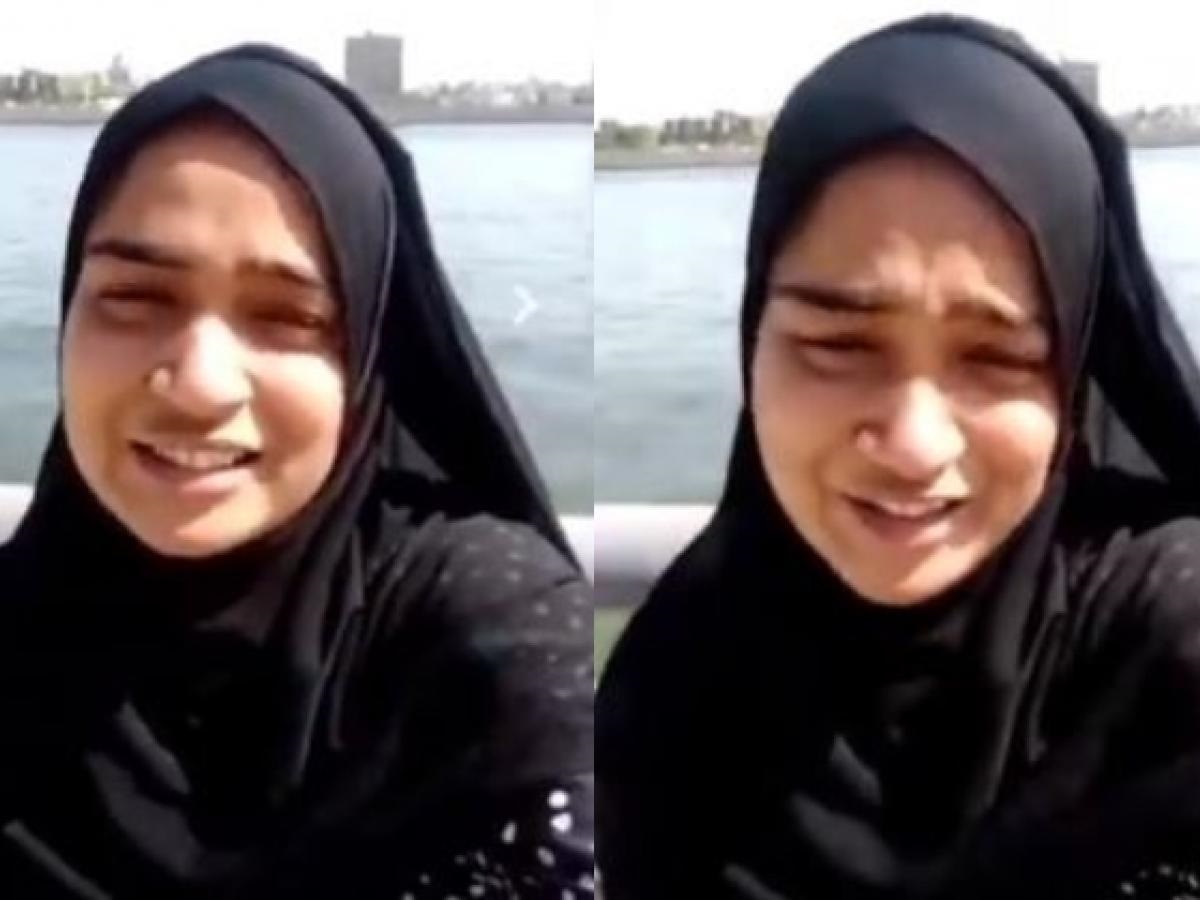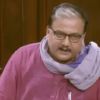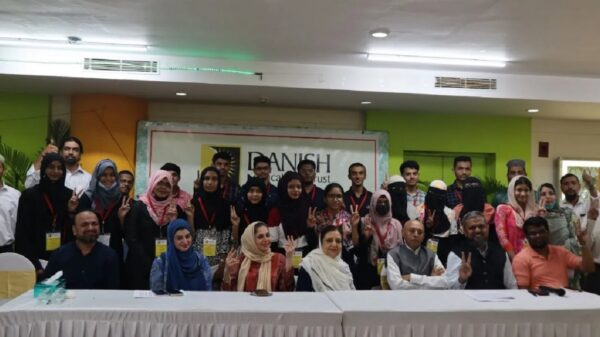Ayesha Banu, aged 23 took her life by jumping into the Sabarmati river on February 25th Before she jumped to her death she had recorded a video in which she talks about the way her husband and her in-laws harassed her for dowry money. Women are often subject to harassment and abuse if they can’t pay dowry to their husbands and in-laws. Most dowry deaths are not recorded, as the conviction rate is very poor. This impunity expands the cycle of violence in forms that start when a girl child is born. Dowry worries keep the parents from educating their girl, from keeping her well nourished, from giving her basic health care facilities. When Ayesha killed herself, something changed. Her video shook the Muslim world. Muftis from all around the world condemned the dowry system. The ulemas of Uttarakhand voiced their dissent
and said they will not solemnize Nikah if the dowry is demanded in any form. They also warned the dowry seeking families with social boycott. Many ulemas from Jamit-ul-Quresh and Hindustani Biradari in Agra said they will do their best in stopping the exchange of dowry, which has put great pressure on the parents of girl child. Speaking against the dowry system, an emotional AIMIM chief Asaduddin Owaisi said, “Dowry has crippled our beloved Prophets ummah. People who demand dowry need to fear Allah as it is strictly prohibited (haram) in Islam. As per Islamic shariyah, the men are obligated to pay “mahr” (a gift) to their bride. The Prophet was also known to encourage keeping the mahr simple and easy. “The best of dowers is the
simplest” (Al Hakim, Al bayhaqi).
Written by: Ayesha Siddiqua





